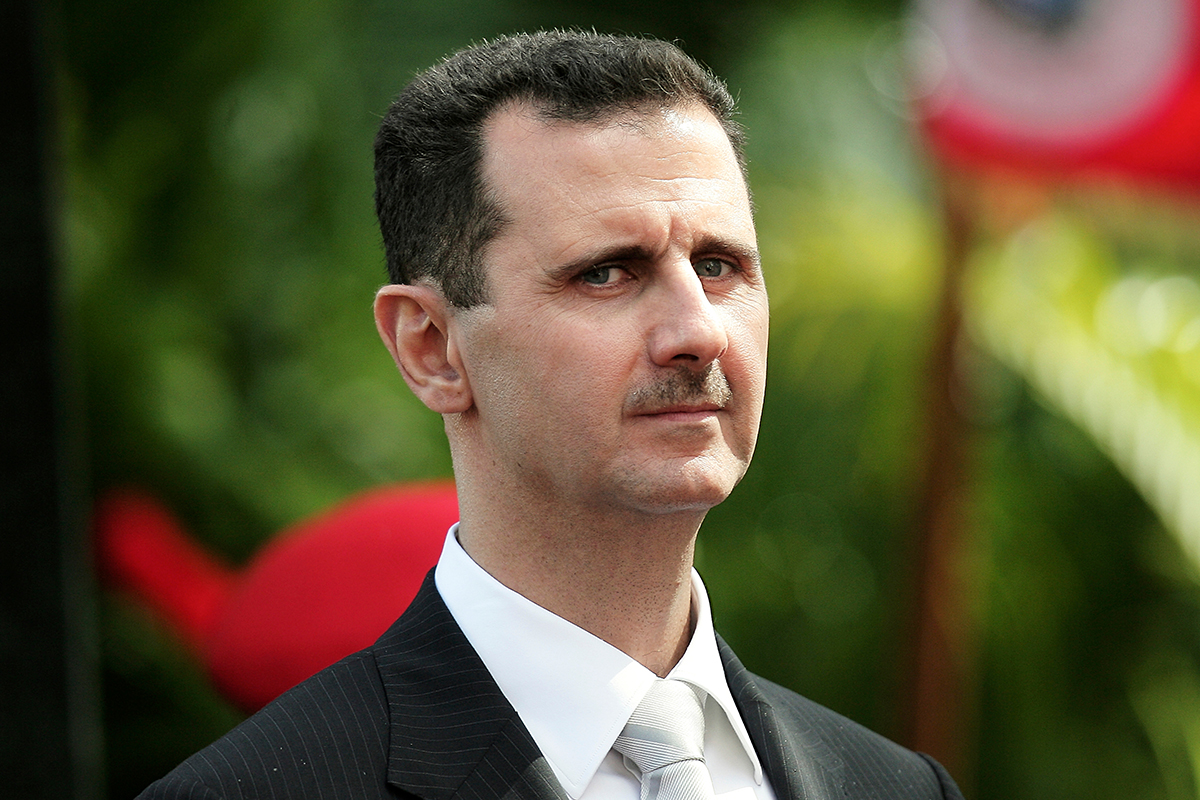Five months after Arab nations reached out to Syria’s President Bashar al-Assad, doubts arise regarding his dedication to the accord.
The increased trafficking of the drug Captagon from Syria into Jordan after normalization dialogues has raised concerns. This comes after Assad’s reintroduction to the Arab League in May, following Syria’s expulsion in 2011 due to the regime’s harsh actions against opposition forces.
Jordan, previously an advocate for Syria’s re-entry and a significant sufferer of its drug trade, now questions the Syrian regime’s intent or capability to suppress the trade.
The Jordanian king, referencing border control efforts, was quoted by Al-Monitor stating his uncertainty about Assad’s complete authority, “Bashar (al-Assad) doesn’t seek conflict with Jordan… But I question his full control.”
Arab nations demanded Syria curb the Captagon trade for readmission. Most of this $57 billion industry originates in Syria, targeting neighbouring countries and the Gulf. This trade revitalized Syria’s economy after war and sanctions and gave it significant sway over neighbouring nations, bringing them to negotiation.
However, Asharq al-Awsat reports hint at Arab nations’ discontent, mentioning a pause in Syria-Arab normalization meetings due to Damascus’s unresponsiveness. Hossam Zaki of the Arab League refutes these claims.
Emile Hokayem from the International Institute for Strategic Studies notes Syria’s integration faces hurdles, “Arab engagement is bound by a symbolic triumph, making future compliance hard to enforce.”
Assad told Sky News Arabia he awaits a change in neighbours’ attitudes. He attributes the Captagon issue to nations that plunged Syria into chaos.
HA Hellyer, of the Carnegie Endowment for International Peace, suggests the absence of an accountability framework regarding the normalization initiative.
Captagon Trade Flourishes
Jordan witnesses a surge in Captagon smuggling using high-end tech from Syria. Despite attempts to curb this, Jordan’s Foreign Minister Ayman al-Safadi remarks on the rise in smuggling operations, adding that while some attempts are intercepted, others succeed.
Sharing a 378-km border with Syria, Jordan considers disturbances in Syria a national security threat. Gulf nations and Jordan regularly uncover drug consignments in diverse items.
The UAE recently thwarted a 13-ton Captagon smuggling attempt valued over $1 billion in building materials. Jordanian forces often intercept drones from Syria transporting drugs.
Hokayem suggests neither side in the Arab-Syria pact is fully content. Assad’s reluctance to relinquish the profitable drug business and his demands may be challenging for Arab states.
Concluding, Hokayem states Arab countries face a dilemma, “Limited options remain. Direct coercion isn’t viable, and many nations might not invest further in Syria, potentially leading some to give in to Assad.”
The drug crisis in Syria, particularly the booming Captagon trade, presents an intricate geopolitical challenge for the Arab nations. A delicate balance between diplomacy, security, and accountability is paramount as they attempt to reconcile with Syria and its complex realities. The path forward will necessitate insight and resilience from all stakeholders involved, as they navigate the intersection of economic interests, political aspirations, and regional stability.







